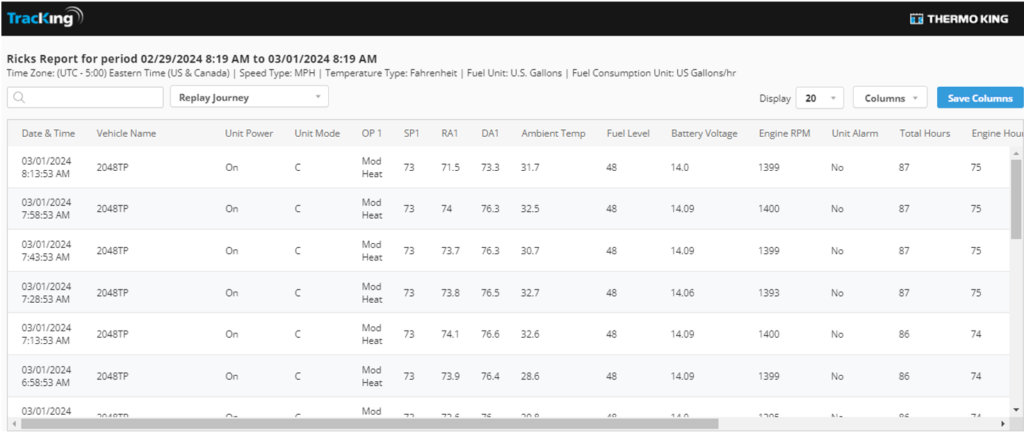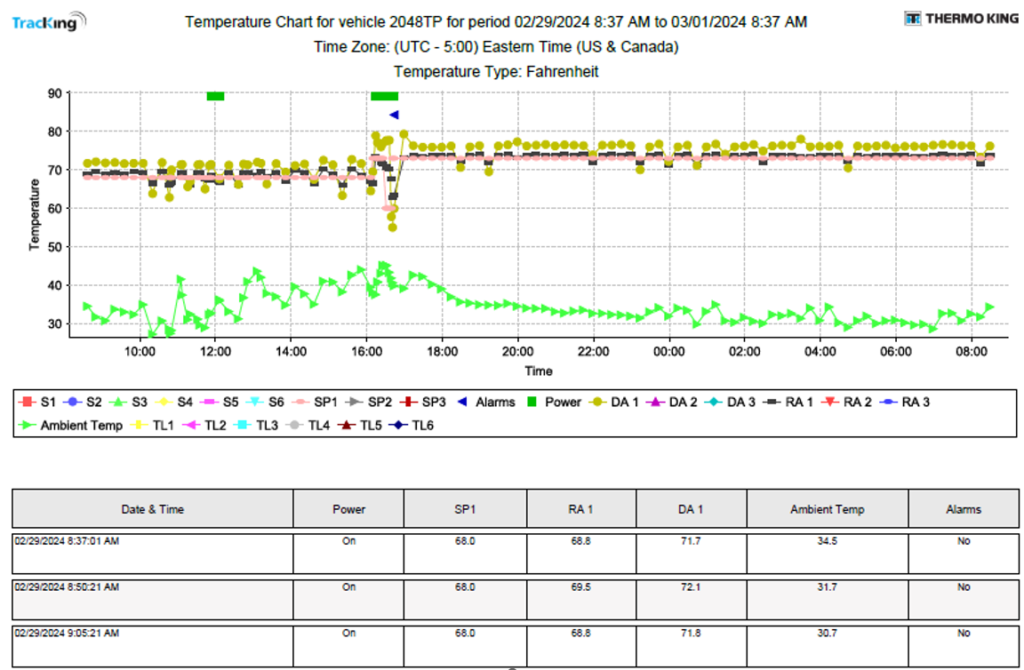The DRC Story
The Fruit and Vegetable Dispute Resolution Corporation (DRC) is excited to share that 2025 marks our 25th anniversary, a milestone in our journey that underscores our long-standing commitment to the fresh produce industry.
In the late 1990s, a process was initiated to establish the DRC. This process took time to develop. The need for the DRC arose after observing a significant growth in private commercial disputes following the implementation of the North American Free Trade Agreement (NAFTA). While a dispute resolution system existed in the United States under the Perishable Agricultural Commodities Act (PACA), Canada’s existing regulatory system proved ineffective in resolving most disputes, and cases were rising. In addition, Mexico had no international dispute settlement mechanism in place.
With a focus on minimizing and preventing trade irritants within North America, the DRC, a non-profit, membership-based organization serving the produce trade, was born in February 2000. Patterned mainly after the PACA system, the DRC evolved into a Tri-National Alternative Dispute Resolution Model that included fresh produce industry representatives and government officials from Canada, Mexico, and the US.

You may recall DRC’s iconic triangle-shaped logo. This design symbolized the collaborative spirit fostering a commitment towards a harmonious trade environment within the three nations and their commercial partners.
Since the creation of the DRC, we have successfully helped prevent and resolve millions of dollars in disputes. This evolution showcased our adaptability and unwavering commitment to improving legislation, establishing industry standards, and creating a fair and ethical environment for all participants.

In 2020, it felt time to refresh our brand. Inspired by organic shapes derived from fruits and vegetables, our new logo symbolizes the coming together of different parts of our industry. The shapes represent growth and progress, while the fresh and vibrant colour palette indicates the fruit and vegetable world. The green, orange and red hues represent the traditional ripening process of many of our crops. Our tagline, “Trade with Confidence,” captures our goal to equip you with the necessary information and tools you need BEFORE entering a new commercial transaction, introducing a sense of assurance in your trading decisions.
On January 6th, 2024, we amended our Operating Rules to expand DRC’s jurisdiction, underscoring our commitment to fairness in worldwide trade. The expansion allows the DRC’s Dispute Resolution Rules (specifically informal mediation, formal mediation, and arbitration services) to operate with a broader geographical spectrum, provided that both parties are members of the DRC at the time of the dispute, regardless of their location or where the product was traded.

As we celebrate our 25th anniversary, we look forward to continuing our mission to bring the necessary guidelines, education and services for successful commerce and trading partnerships. Thank you for joining us on this journey, and here’s to many more successful years of collaboration and growth. Let’s #tradewithconfidence!
RESOURCES:






